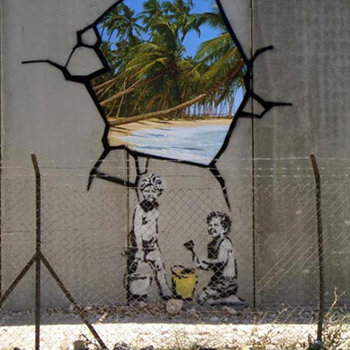How do Japan's actions before and during World War II compare with Germany's actions over the same period?
1 Answer
There were a number of similarities.
Explanation:
Firstly there was imperial expansion through occupation or military force. In the case of Japan this included the invasion of Manchuria and in Germany's case occupation of the Rhineland, Sudetenland and Anschluss with Austria.
In both instances it was out of self interest. The Japanese desperately needed raw materials especially for a war economy, and in Germany's case Hitler saw such occupations as redressing the iniquities of Versailles and the absorption of German speaking peoples into a greater Germany.
It also reflected their militaristic culture and warped racial theories. This was seen during World War 2 when both countries experienced significant success early in the war. The Japanese swept through South East Asia defeating European imperial powers and occupying the entire region, thus securing important raw materials such as oil and rubber.
The Germans quickly defeated and occupied Western Europe then in 1941 Hitler turned his attention to the Soviet Union. He saw these vast areas in terms of lebensraum, namely living space for the German people.
Both countries conduct during this period was marked with the utmost brutality. In the Rape of Nanking, the Japanese butchered several hundred thousand civilians. Their Bushido code was reflected in treating prisoners of war brutally as evidenced in the death marches and back breaking work POW's were put to building roads and railways.
Hitler's invasion of the Soviet Union cost an estimated 27 million Soviets their lives, 15 million of them civilians. The Germans were also responsible for the murder of 6 million Jews half a million gypsies and 1 in 6 Poles during World War 2.

